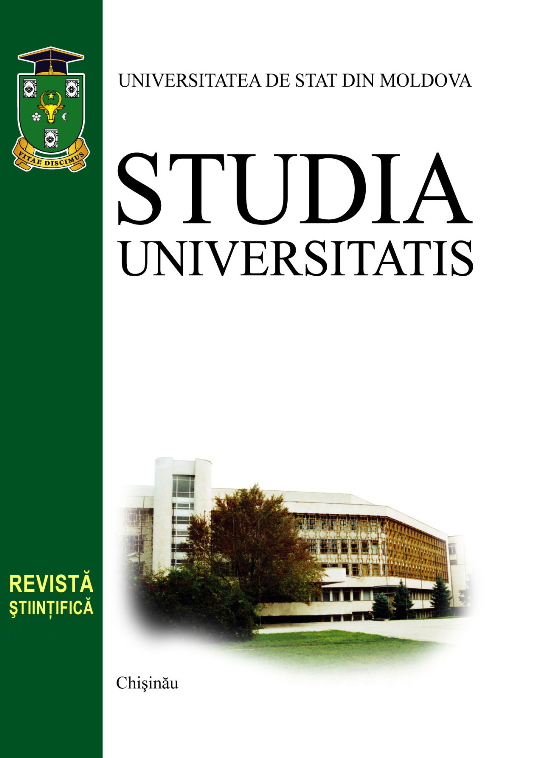REFORMA MECANISMULUI DECIZIONAL ÎN CADRUL UNIUNII EUROPENE – UN NOU PEISAJ LEGISLATIV
Natalia SUCEVEANU Catedra Drept Internaţional şi Drept al Relaţiilor Economice Externe
Rezumat
The Treaty of Lisbon distinguishes between “legislative acts” and “non-legislative acts”. Legislative acts are adopted under the ordinary or special legislative procedures and directly involve the European Parliament and the Council (framework legislation). For “non-legislative acts”, a distinction is being made between the delegation of powers to the Commission to adopt “delegated acts” and the delegation of powers to adopt “implementing acts” (Comitology). “Non – legislative acts” which may be adopted by the Commission must be of general application and may amend or supplement non-essential elements of a legislative act. The Treaty on the Functioning of the European Union (TFEU) establishes two procedures for the adoption of legal acts. Co-decision renamed the “ordinary legislative procedure” becomes the standard procedure under which the European Parliament and the Council jointly adopt a Commission proposal and it is defined in article 294 of the TFEU. A “special legislative procedure” applies to specific cases provided for by the Treaties. Legal acts adopted under these legislative procedures are referred to as legislative acts. The Lisbon Treaty repeals article 202 of the EC Treaty which was the legal basis for Comitology. The old Comitology system was replaced by two new articles which provide, under specific conditions, for the adoption of “non-legislative acts”: 1) Article 290 on “delegated acts” and 2) Article 291 on “implementing acts”.


